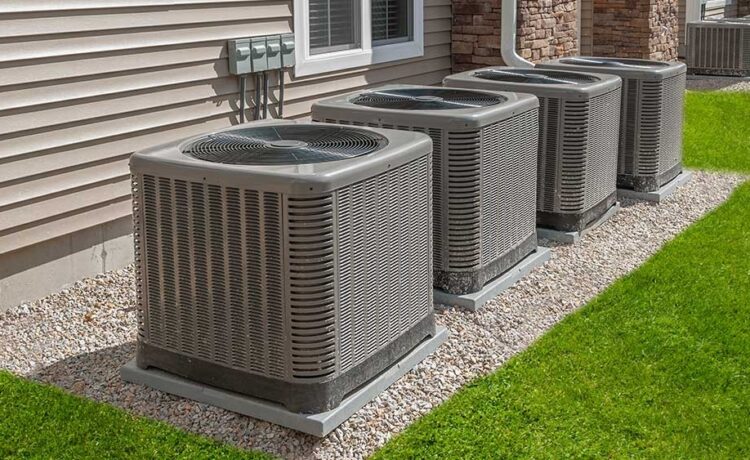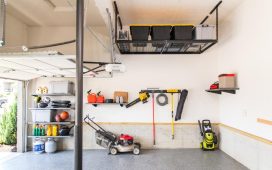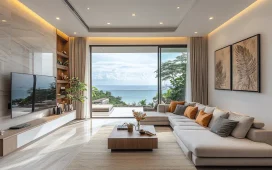HVAC is an acronym for heating, ventilation, and air conditioning. Essentially, HVAC helps keep a home or office cool or warm. These systems also help to keep moisture out, which can cause mold, mildew, and water damage. The consequences of water damage can range from minor to life-threatening. To avoid this, ventilation is an essential part of every HVAC system. For example, a bathroom needs an exhaust fan to avoid water damage. A house without a bathroom exhaust fan is not in good shape.
Commercial cooling system
In order to maintain a comfortable temperature in a commercial space, it’s essential to choose an air conditioning system that can adequately meet the demands of the building. Large commercial buildings, for instance, require larger air conditioning systems than smaller ones. A well-designed system can meet the varied needs of a variety of large buildings.
Most commercial air conditioning systems use several separate units that each contribute to the overall cooling needs of a building. A modular system allows building managers to add or remove units as needed. Alternatively, modular systems can be added to an existing building to accommodate future expansion. These systems are more expensive than their residential counterparts, but are ideal for larger commercial settings.
Variable volume systems change air volume periodically according to pressure sensors. This method provides precise temperature control and lowers energy consumption. It also helps reduce compressor wear & tear.
Home cooling system
A home cooling system is a centrally-controlled system that circulates air to keep your home comfortable. It uses filters to remove pollutants, dust, spores, bacteria and viruses. Some systems have whole-house humidifiers or dehumidifiers that can add humidity to the air or remove humidity from the air. Either way, a humidifier or dehumidifier can help your home stay cooler and keep you from running your cooling system as often.
HVAC systems are very complex and include many moving parts. A typical home cooling system has an AC unit that heats the house during the winter and cools it during the summer. Some systems also have other functions that help keep the air purified and safe for the whole family. They work with a thermostat to control the temperature in the home.
To make sure the system you choose is right for your home, consult with an HVAC contractor. They will be able to calculate the proper size system for your home. This will involve factors like ceiling height, tree coverage and insulation. High-efficiency HVAC equipment will save you time and money in the long run.







